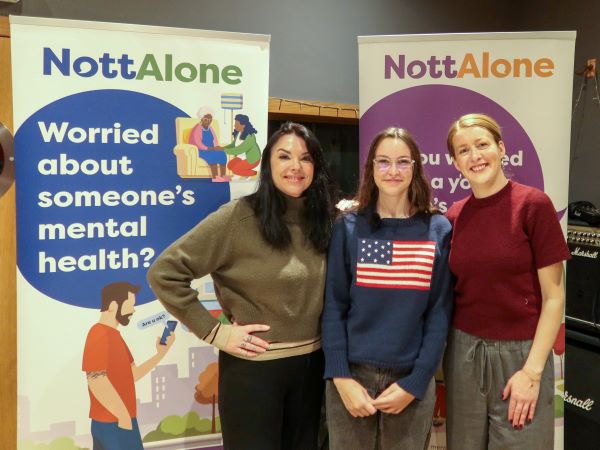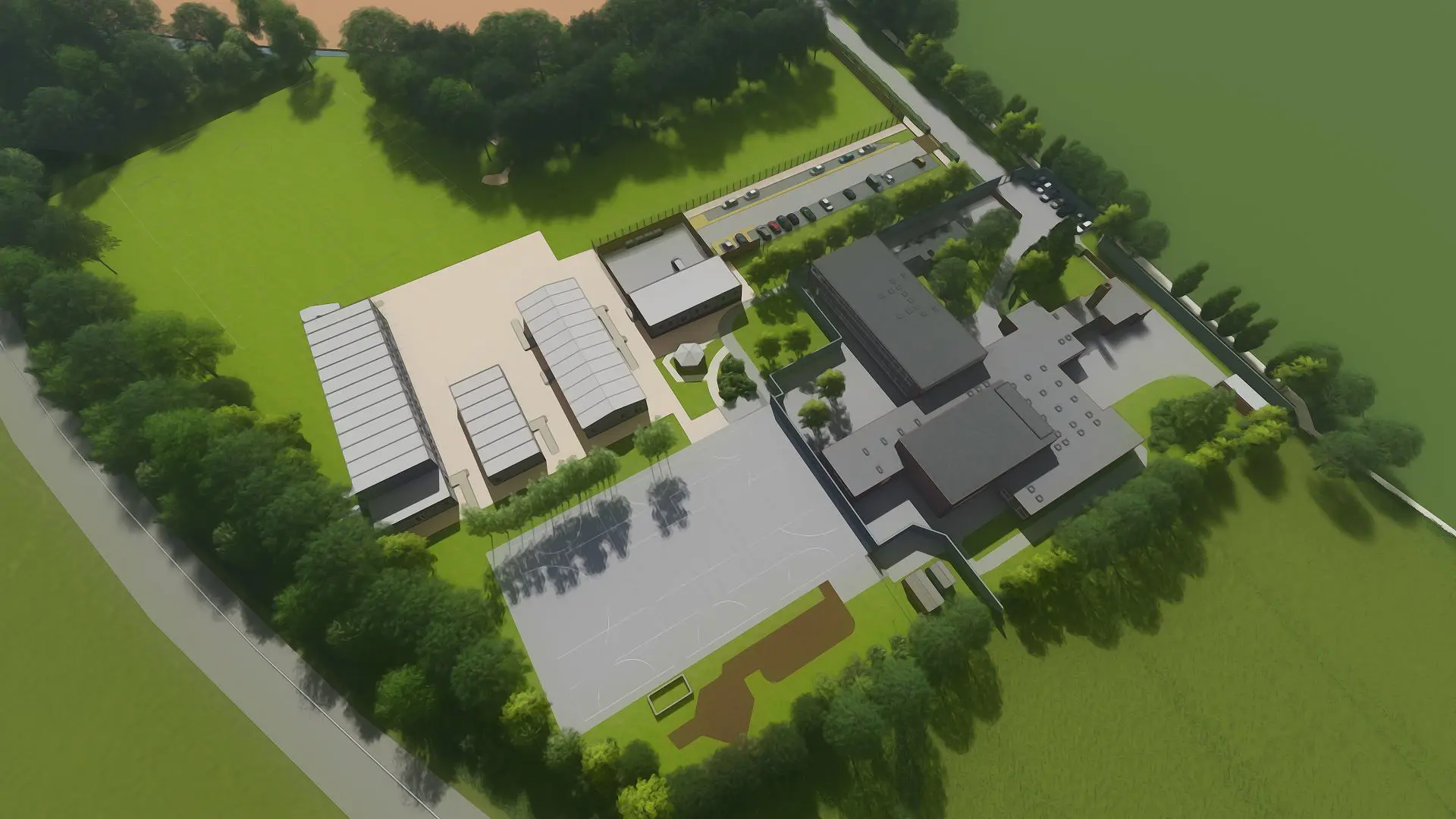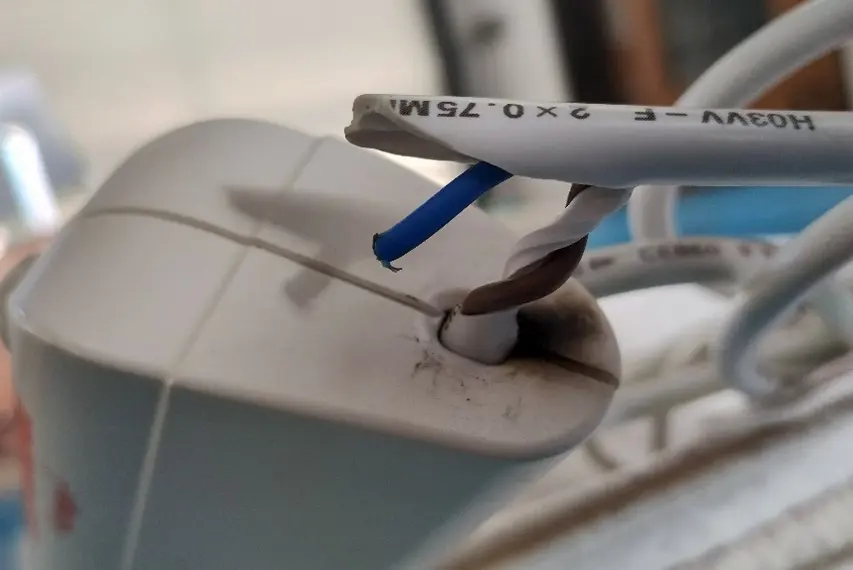The D2N2 Gigahubs Project
Background to the Project
We are delivering the D2N2 Gigahubs broadband connectivity project. The aim of the project is to provide ‘gigabit’ (up to 1,000Mbps) internet connections to public service buildings such as schools and libraries situated in rural areas where telecommunications infrastructure can lag behind that available in more built-up areas.
We have secured £1.2m of Central Government funding to deliver the project, which has now been extended to include more sites. The project will complete at the end of March 2027.
Eligibility
In order to be eligible, sites must:
- Be classified as a public sector building and perform a public function.
- Be in a rural location (according to a specific ONS definition).
- Be located in a location where a gigabit capable network isn’t likely to be built commercially in the near future.
- Be in a location where a gigabit capable network isn’t likely to be built through a government-funded contract in the near future
Once these new fibre connections are in place, they will support the improved delivery of public services at each site by streamlining access to web hosted back-office functions and increasing resilience against service interruptions.
In addition, there are specific benefits for:
Schools
- Improved broadband speeds means quick and reliable access to online digital media resources, fostering greater engagement by students.
- Able to host ‘virtual field trips’ in class with external providers, broadening students’ access to a wider variety of content.
- Research conducted in a number of countries suggests that students with access to high-speed internet in the classroom tend to achieve better academic outcomes.
- Comply with DfE digital and technology standards for schools and colleges which stipulate a minimum broadband download speed of 100Mbps over a full-fibre connection.
Public Libraries
- By offering high speed internet to their users, libraries help to bridge the ‘digital divide’ by enabling access to digital services for those who don’t have it at home. This will benefit learners and job seekers, and will enable access to other online and Council-led services.
- Support residents to develop their digital literacy skills.
- Can host online video conference events with authors, poets, etc.
Improved connectivity will become available to nearby businesses and homes as broadband providers utilise the new infrastructure which the project has put in place.
The project contributes towards the UK Government’s overall target to make gigabit internet connection speeds available to at least 99% of premises by 2032.
In January 2023, OFCOM reported gigabit availability at around 72%. In order to close the gap, the challenges posed by the high-cost barrier to commercial investment in infrastructure for rural areas must be overcome. Gigahubs projects are one way of helping to achieve that.
The initial phase of the project was focussed on identifying eligible sites across the region and inviting them to commit to participation. This work is now largely completed with additional sites still being added.
We ran a procurement process to find a contractor to deliver the required telecoms infrastructure. This is now complete, and work to start rolling out new fibre connections to sites began in September 2024, with the target of overall completion by the end of March 2027.
30 sites will have been connected by the end of March 2026.
Is the connection fully funded, or will I have to contribute a percentage of the cost?
The installation of the full-fibre connection is fully funded by the project.
Will my annual internet costs increase as a result of this?
Not necessarily. You may even find that they are cheaper, depending on which provider and level of service you choose.
Will I have a choice of which internet service provider I can use?
Yes. The project only installs the fibre cable to your premises. You will then choose to take up a service from a range of internet service providers.
Do I have to move away from my current internet service provider?
Not necessarily. Many providers will be able to continue to provide your service over fibre, but with higher performance and more resilience.
I am in a contract with my current provider. Do I need to switch provider as soon as the fibre connection is installed?
No. We recognise that sites may be tied into a contract and unable to take up a service on the new connection until that has expired.
How long will I have to wait for the new fibre connection to be installed?
That will depend on a number of factors. We will be able to provide more information as the delivery phase of the project gets under way.
Am I likely to incur any other costs resulting from the switch to fibre?
Possibly. Your IT provider can confirm this.









